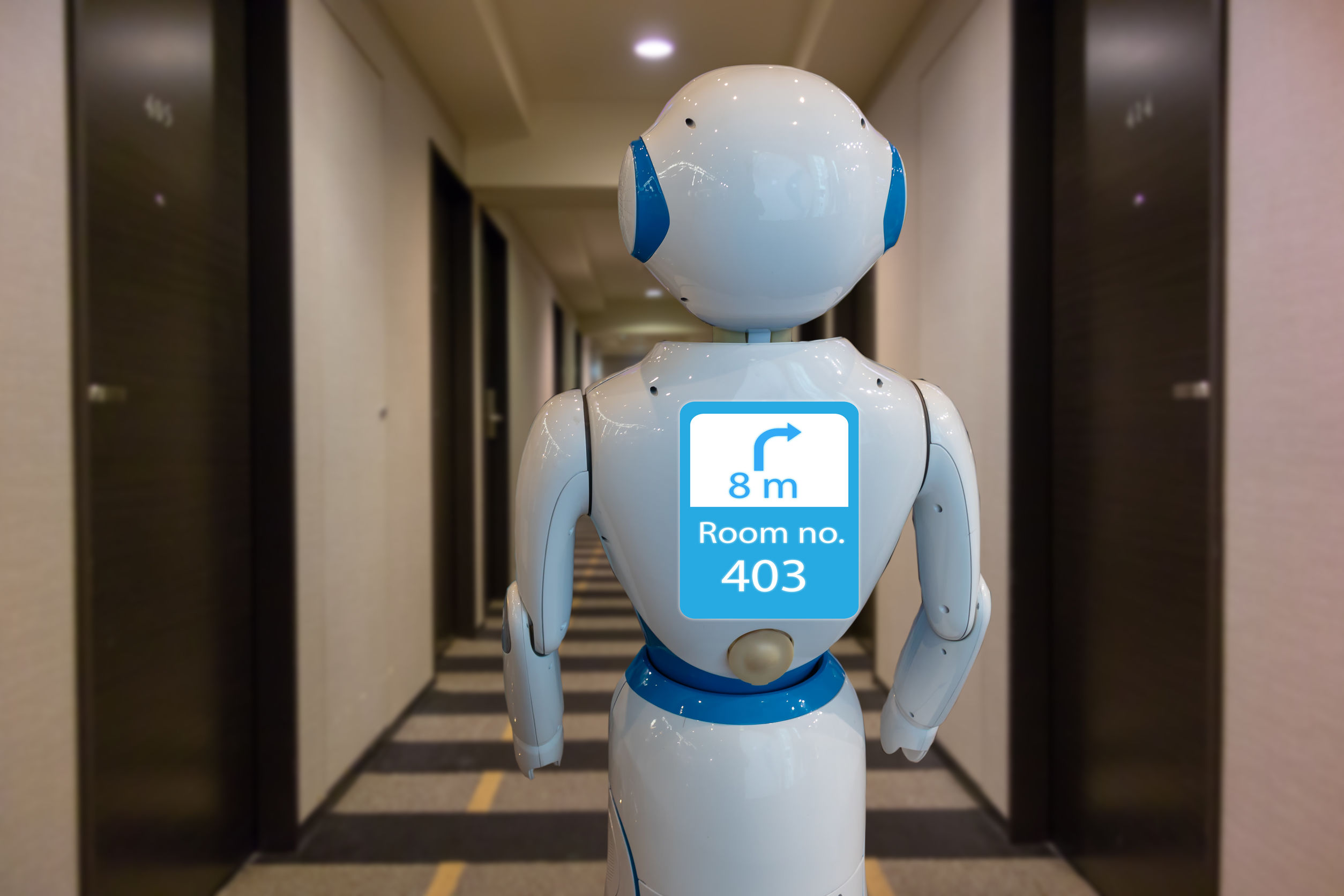Two Cents: Is the age of disruption actually already dead?
- Justin Harper
- Topics: Asia-Pacific, Digital Transformation, Home Page - News, News, Two Cents

This question is not my own. It was posed by IBM in its new report looking into the changing role of CHROs. It’s a controversial statement because we are constantly being told to prepare for digital disruption, and become future ready. But what if this breakneck period of disruption is coming to an end?
IBM surveyed more than 2,000 Chief Human Resources Officers (CHROs) from around the globe. That’s a pretty impressive number, and therefore accurate as a bellwether for what the industry thinks. While these C-suite executives anticipated lots of disruption, it hasn’t been as thick and fast as they initially believed.
In fact, just under three in ten say they’re experiencing significant disruption. So that’s less than a third of respondents, which is lower than most of us would have thought. So what happened to this anticipated disruption?
One argument is that we are now seeing a period of consolidation after a deluge of startups. There have been many Southeast Asian unicorns created in the last few years such as Grab, Lazada and Go-Jek. Disruption at this pace is hard to sustain, a bit like China’s economic growth. So while disruption may not be dead, there’s a strong argument that it has slowed.
But like most things, it’s more complicated than that. While we could be experiencing a period of consolidation, the sleeping giants of the corporate world who were being disrupted, are now fighting back, says IBM. They are setting up their own innovation labs, working with startups and encouraging entrepreneurs from within (intrapreneurs). So rather than dying out, disruption is being more widely embraced so it actually causes less disruption.
The business world cliché that ‘’change is the only constant’’ seems to be applicable when it comes to digital disruption. It’s still happening, just that we are becoming more immune to it. When it happens, it takes us less by surprise and has a lesser impact. So maybe the two-thirds of survey respondents have seen some disruption, but they don’t feel it is ‘’significant’’ anymore.
But man (or woman) cannot live by disruption alone, says Omar Mohout, Professor of Entrepreneurship at Antwerp Management School. Disruption should just be the starting point, not the end result. The startup’s new disruptive service (or product) needs to be ‘’hyper-scalable’’ he argues for it to be viable.
‘’Companies that spend time pondering how to be disruptive or how to be innovative are asking the wrong question. Instead, they should ask whether they are hyper-scalable. A company is hyper-scalable when it offers value at a near zero cost simultaneously to millions of customers with a disproportionately small team,’’ he says. So while disruption may not be dead, it’s just getting smarter instead.






